Homeless camps, tents increasing along Fountain Creek near downtown Colorado Springs: Why?
COLORADO SPRINGS, Colo. (KRDO) -- We've had a cold, wet late winter and early spring but local officials believe that's not a factor in the growing number of homeless camps and tents along Interstate 25 and Fountain Creek just south of downtown.
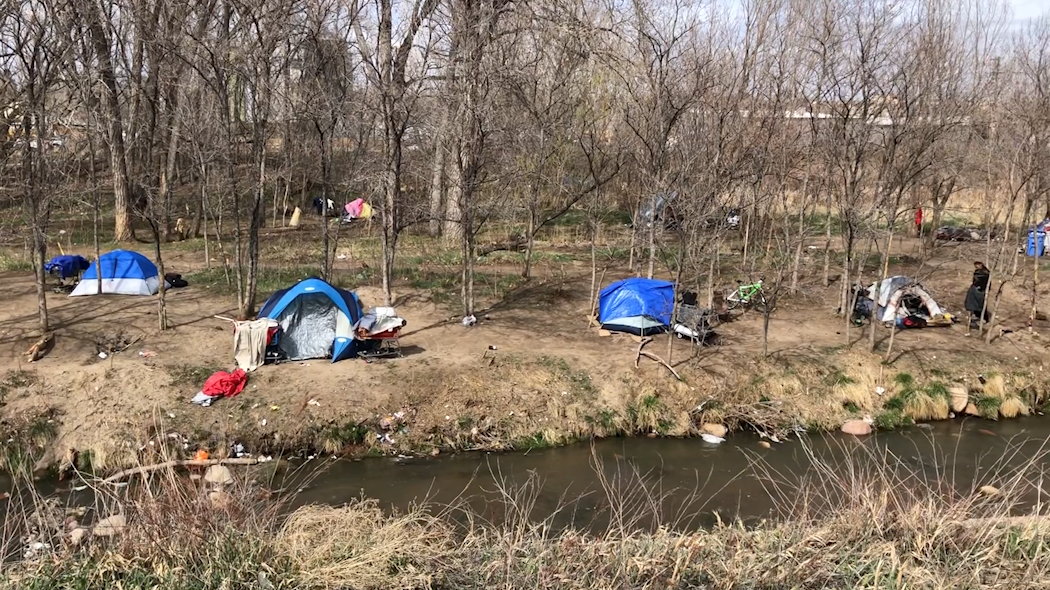
The camps have become more visible and noticeable recently to I-25 drivers and users of an adjacent trail. Up close, many of the camps are littered with mounds of trash, clothing, old furniture and bicycle parts.
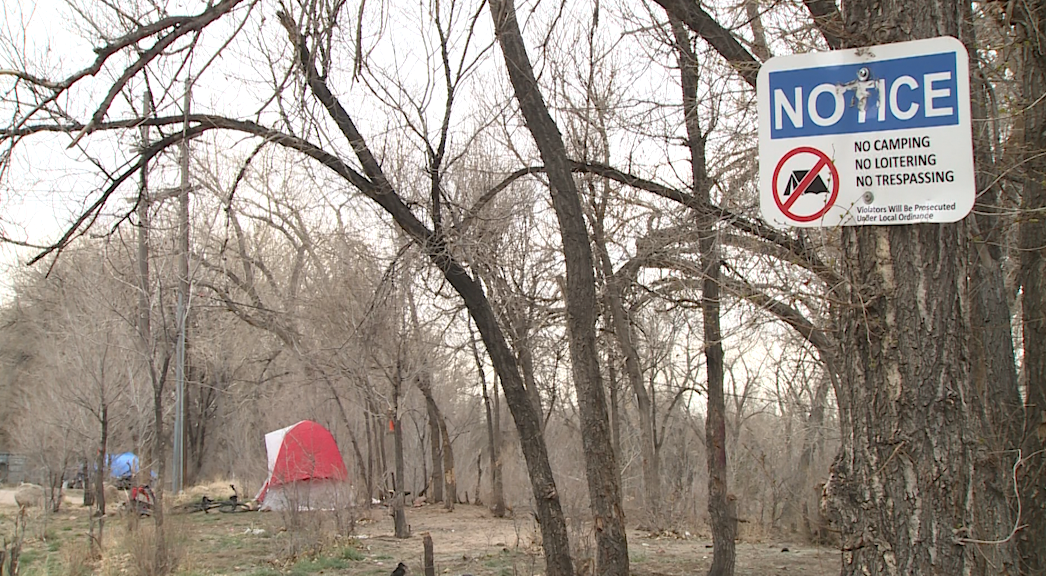
People are wondering if the weather has filled all local homeless shelters to capacity, or if police are no longer enforcing camping ordinances -- particularly the one that bans camping creeks and other waterways.
The Springs Rescue Mission has a capacity of 450, but a spokesman said that only an average of 300 beds are used every night. So, plenty of beds are available.
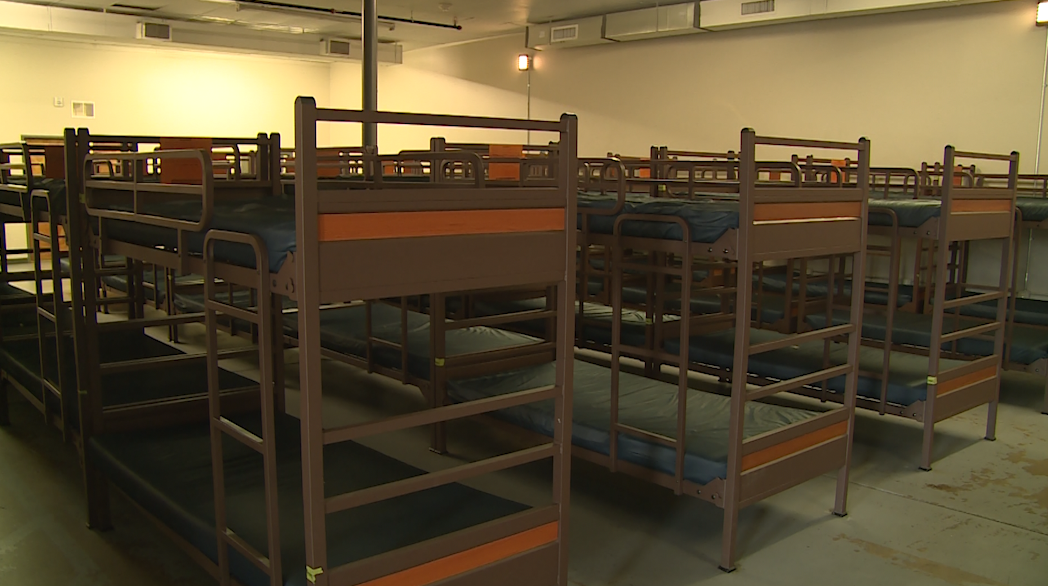
Andy Phelps, the city's homelessness response coordinator, was at the site of a nearby camp cleanup Wednesday and said that police continue to enforce camping ordinances, and are issuing twice as many citations to violators as in the past.
"But we're also trying to help the homeless," he said. "We've even started a program that will give them jobs."
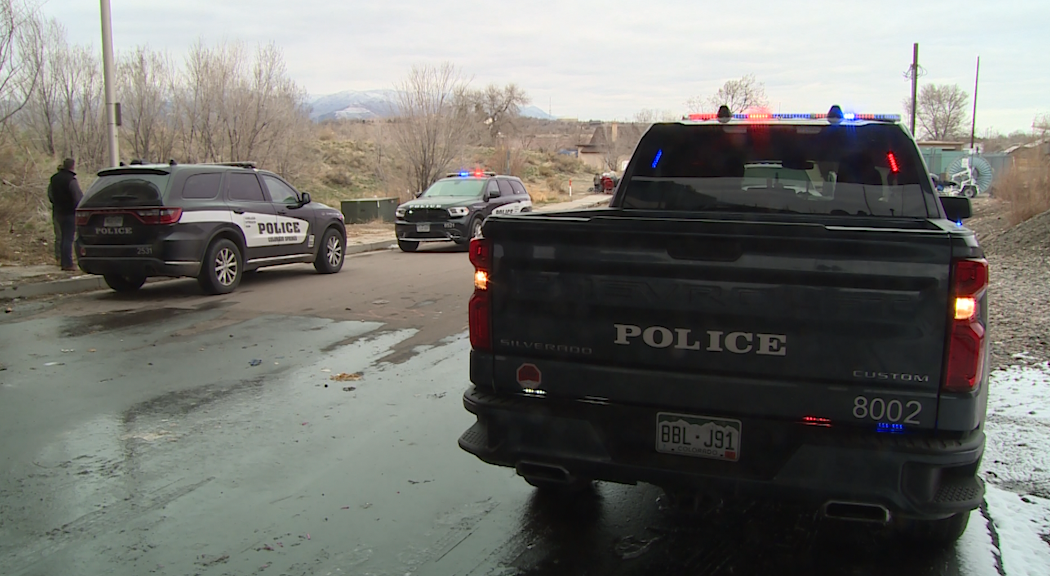
"We're also cleaning up more campsites even though we're seeing fewer campers, which is the opposite of what experts thought would happen during the pandemic," Phelps said.
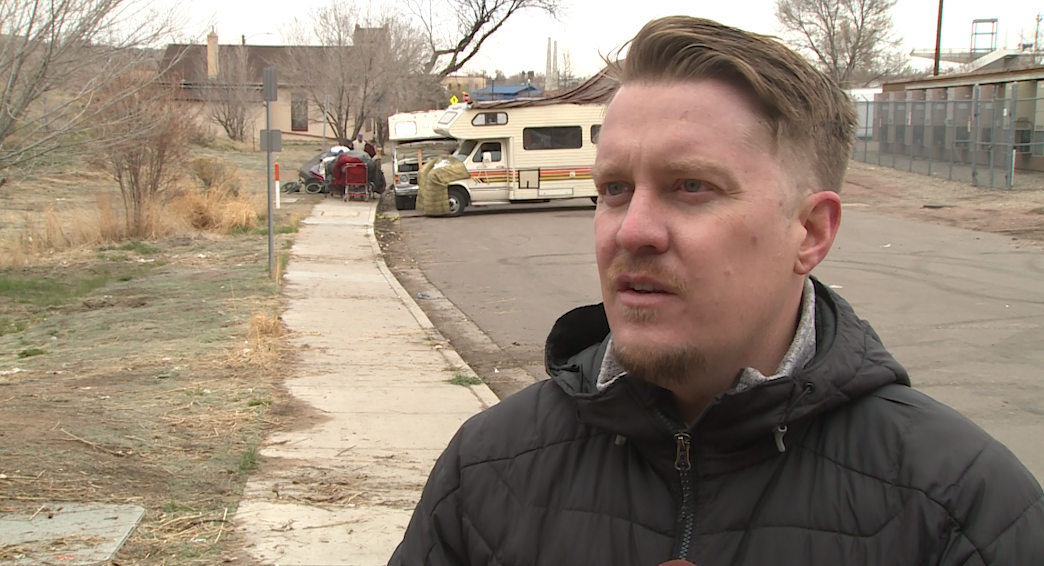
So why do so many people continue to camp illegally when resources to help them are available?
Some homeless people said that they're skeptical of shelters for a variety of reasons -- ranging from too-strict rules, lack of proper cleanliness, being around too many people a belief that real resources to improve the lives of the homeless are unavailable or nonexistent.
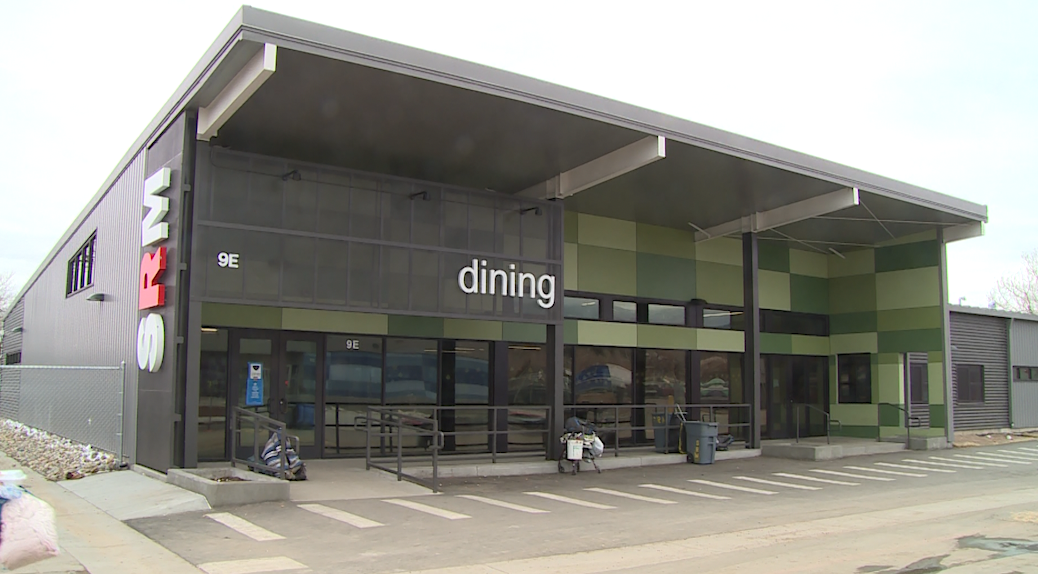
"The last time I was in a shelter, I got COVID, pneumonia and a flesh-eating bacteria within two weeks," said Frankie Herrell, 53, who's been homeless for two years. "So no more shelters for me. I lost my job because I'm disabled, and then my wife left me. So I've been living in my car. What we really need to get off the streets is more affordable housing."
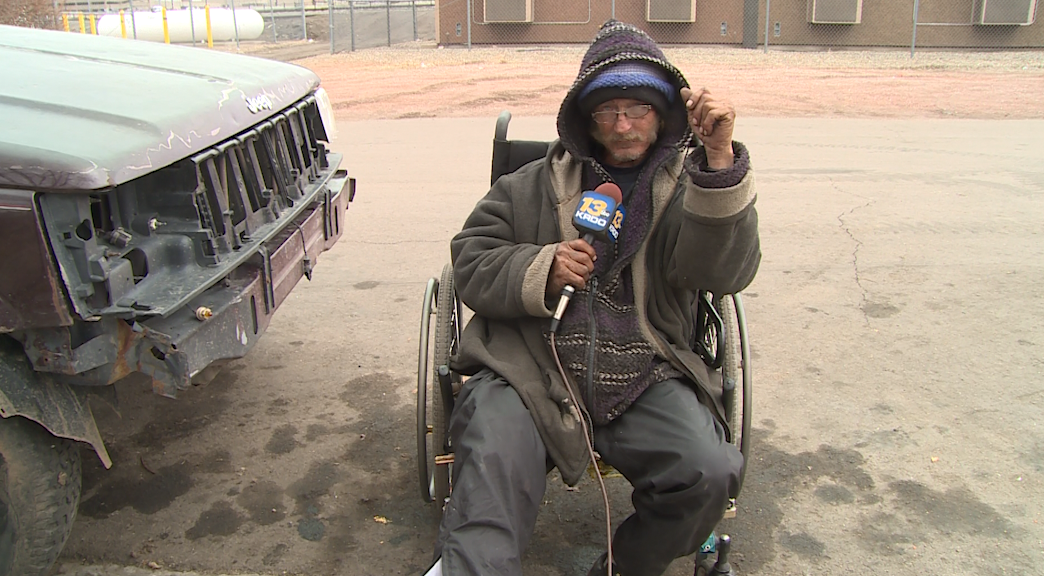
Officials said that they're seeing fewer homeless people since the COVID-19 pandemic began and that more of them are getting off the streets permanently. But there will likely always be people who prefer to camp out.
Alcohol and drug addition, mental illness, financial challenges and broken family relationships are factors in the lives of many people who prefer to be on their own.
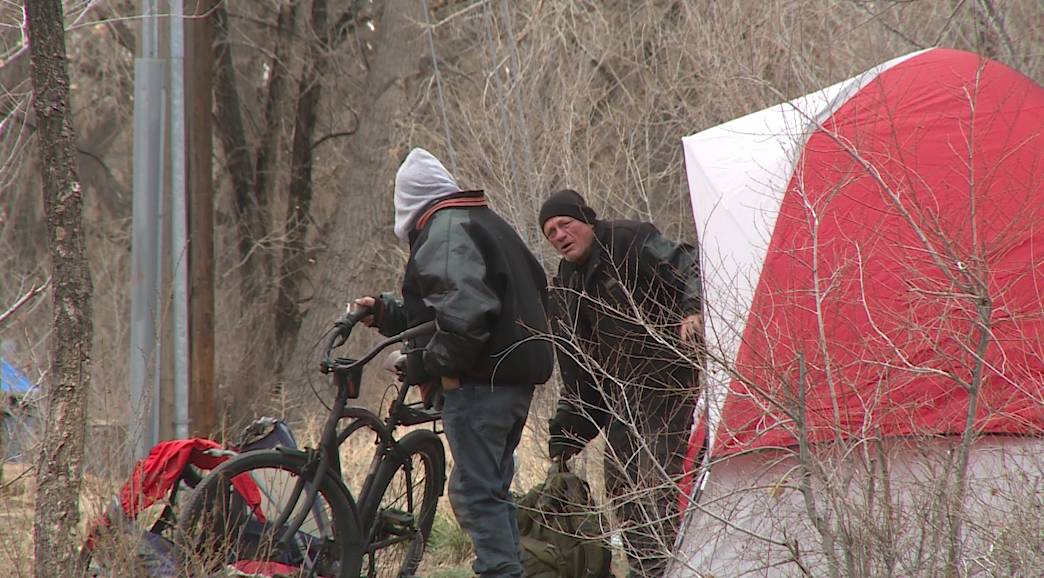
Yet other homeless people said that they suffer from negative stereotypes and only want to be treated with respect, have jobs that pay enough to meet the area's high costs of living.
